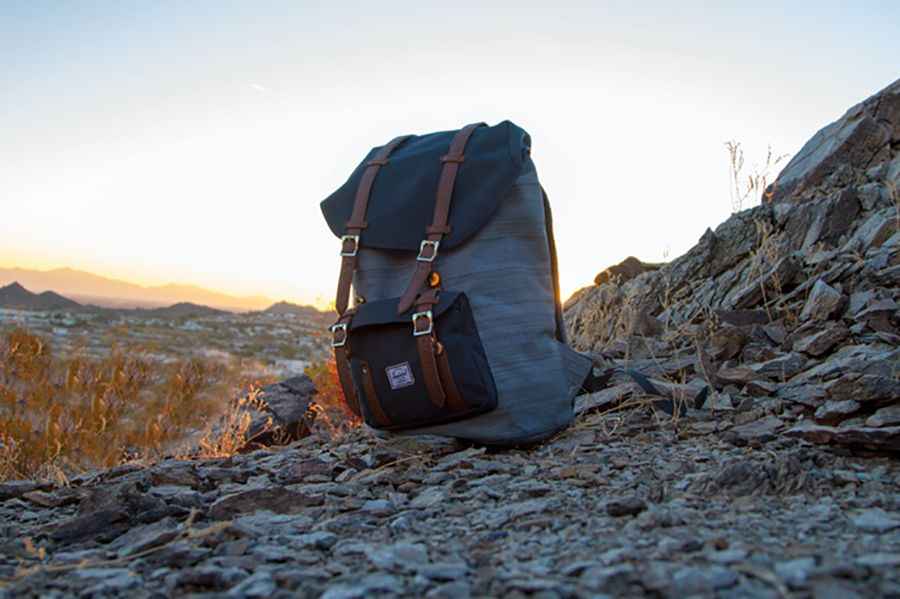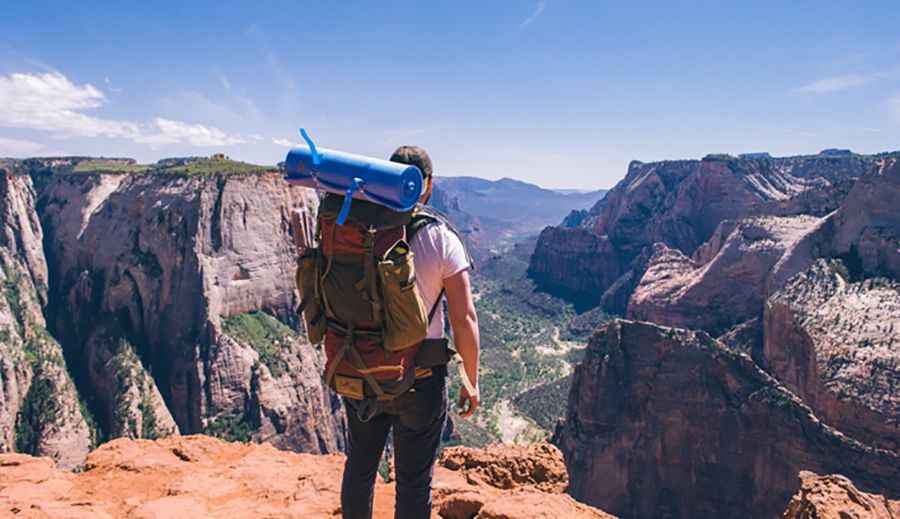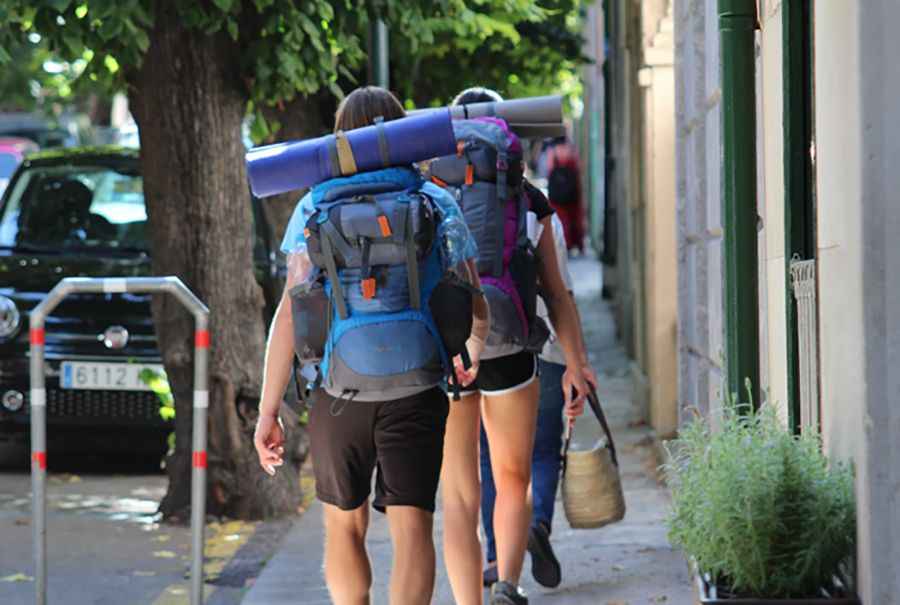12 Must-Haves For Dangerous Roads Travellers
dangerousroads.org covers plenty of amazing road trip ideas, but there are times where one might be intimidated by the reputation that some of these routes have. Whether you’re planning to travel through the Million Dollar Highway or want an extreme challenge like the Skippers Canyon Road, it’s always a good idea to pack some essential items in your car so that you’re prepared for any kind of situation.

And in this post, we’ll be covering 12 of those must-haves.
1. Heavy-duty jumper cables
In the unfortunate event that your car’s battery dies, you’ll want to have some heavy-duty jumper cables to help you start up your car again. Of course, you’re going to need another person’s vehicle, so you’ll have to rely on a random stranger and an act of kindness. However, it’s also a good idea to carry these in case you get a chance to be the good Samaritan helping someone else. Jump starting a car with jumper cables is fairly easy, but you’ll need to follow some simple steps.
- Make sure both cars are parked next to each other and shut off the ignition. Make sure both cars have their parking brakes engaged as well.
- Attach one of the red clips to the positive terminal of your battery. It should have the letters “POS” on it or a plus sign.
- Then, attach the other red clip to the positive terminal of the other car.
- Now, attach one of the black clips to the negative terminal of the other battery.
- Lastly, attach the last black clip to an unpainted metal surface on your car that isn’t near the battery.
You can now start the working vehicle and let the engine run for a few minutes. After that, try to start the non-working vehicle and it will be running again. If it doesn’t, wait a few extra minutes and check that the cables are connected properly.
2. Good flashlight
Nobody wants to be caught working on their vehicle in the dark or trying to set up a tent when there’s no light. Make sure you get a decent flashlight with powerful settings that can help you light up a large area at once. This will make it easy for you to see what you’re doing in the dark.
As an alternative, you can always use your car’s headlights, but this isn’t as practical as a simple flashlight that you can buy and carry with you. Make sure the flashlight’s battery is charged before you head out and try to bring a spare battery or two in case you use it up.
3. Extra power and batteries
We can make road trips a lot more comfortable these days by having electronics with us. We can use smartphones for their GPS and to contact local authorities for help, and we also have electricity-powered devices like coffee makers and water heaters to make your trip more comfortable. However, using these devices requires power and we don’t exactly have an unlimited amount while on the road.
That’s why it’s a good idea to get spare batteries from a reputable brand such as EcoGearFX.com, and to bring some extra power banks that are charged up and ready to go before you leave. You can also invest in a portable power station that has outlets on it, making it perfect for powering standard household devices.
4. First aid kit
Even if there’s a low chance of injury, a first aid kit is an absolute must and should be something that you carry with you at all times on a road trip. Even if you don’t use it on yourself, there may be a time where you can help an injured stranger that you come across. It also helps to have some medication in your first aid kit such as painkillers and headache remedies.

5. Seatbelt cutter and hammer tool
You can buy handy multitools that help you cut seatbelts and smash car windows from the inside. These are tools that you buy but hope that you never have to use. Having them in your car means you can quickly escape your vehicle if you’re trapped inside. The seatbelt cutter can help free you if you’re in a bad position, and the hammer can help break the window so you can escape.
Keep these in the car but pray that you never have to use them.
6. Lightsticks
Lightsticks are extremely helpful for when your flashlight runs out of battery, or if you don’t need something as powerful and only need a bit of light to help you get around. Lightsticks can last several hours and are great to act as a deterrent when you’re sleeping. They can be placed in your tent or vehicle to provide a bit of light without using any additional power because lightsticks typically work with a chemical reaction.
These are fairly inexpensive and you can usually buy a couple of them to store in your vehicle in the event of an emergency.
7. Extra blankets
Taking an extra blanket or two might seem like a waste of space in your trunk, but you’d be surprised at how cold it can get at night when you’re on some of these dangerous roads. Carrying an extra blanket can help keep you warm at night and it’s also more comfortable than just sleeping in your car with nothing to cover you.
In some cases, you may be able to offer your blanket to a weary passerby that is having a tough time on their own road trip.
8. Water and some snacks for energy
If you’re going on a road trip then there’s a good chance that you’ll be able to stop at a few places to fill up on snacks and water. Every so often, it’s a good idea to buy a couple of bottles of water and some high-energy snacks like protein bars. This helps you stay hydrated but also ensures that you have some food around for those emergency situations such as your vehicle breaking down or if there’s a long stretch of road without any shops in sight.
This is a good alternative to settling down somewhere and cooking as well. While you eventually want to eat some kind of meal, there are times where you might want to stay on the road to avoid adverse weather or to get to your lodging sooner. This is where some high-energy snacks can come in handy.

9. Safety triangles
Safety triangles are reflective triangles that you can set up and place on the road to signal to other drivers that your vehicle has broken down or is stopped. The idea is to place these away from your vehicle so that it gives other drivers ample warning so they don’t accidentally crash into you because your vehicle has stalled around a corner.
These are small, inexpensive, and very handy to have around.
10. Paper maps of the local area
While most of us have become reliant on our smartphone’s GPS, there are situations where you may want to have a traditional paper map. Accompany this with some navigation tools such as a compass and you’ll have a much easier time navigating dangerous areas that aren’t covered by GPS.
It takes a bit of practice to learn how to read a map and use navigation tools, but it’s a valuable skill for when you decide to take on a more challenging road trip.
11. Some cleaning tools and supplies
Cleaning tools and supplies don’t take up much space and they’re extremely helpful to have around. Whether it’s cleaning up crumbs that have fallen onto your seats or wiping the mud off your windshield, cleaning tools are great to have around and will help you get out of annoying situations while keeping your vehicle in good condition.
We suggest carrying a small car vacuum cleaner to help you get rid of crumbs and other small bits in your car. Pair it with some cleaning wipes and a spray bottle with some reusable towels and you’ll be able to clean up most messes that you might encounter on the road. You might also find it helpful to have a small box or case to keep all of your cleaning supplies in.
12. Winter emergency car kit
If you plan to go on a road trip in the winter then it’s important to carry a winter emergency car kit with you. This usually consists of a few important items:
- Extra pair of gloves when dealing with cold car components.
- A small shovel and ice scraper.
- Tire chains.
- Hand warmers.
- Car fluids such as antifreeze and oil.
These items will help keep your car in working condition and also deal with some of the common issues that you might face when traveling these roads.